
December 12, 2024
Pathway Energy LLC debuted as a wholly owned subsidiary of Nexus Holdings on 12 December and announced the launch of a series of commercial-scale…

December 12, 2024
Darling Ingredients Inc., a global leader in transforming food waste into sustainable products and renewable energy, has announced a groundbreaking development in the aviation…

December 12, 2024
CleanJoule launched its newest product, SpaceSAF™, on 10 December, which is a direct replacement for ultra-refined paraffin fuel used in liquid rockets (Rocket Propellants…
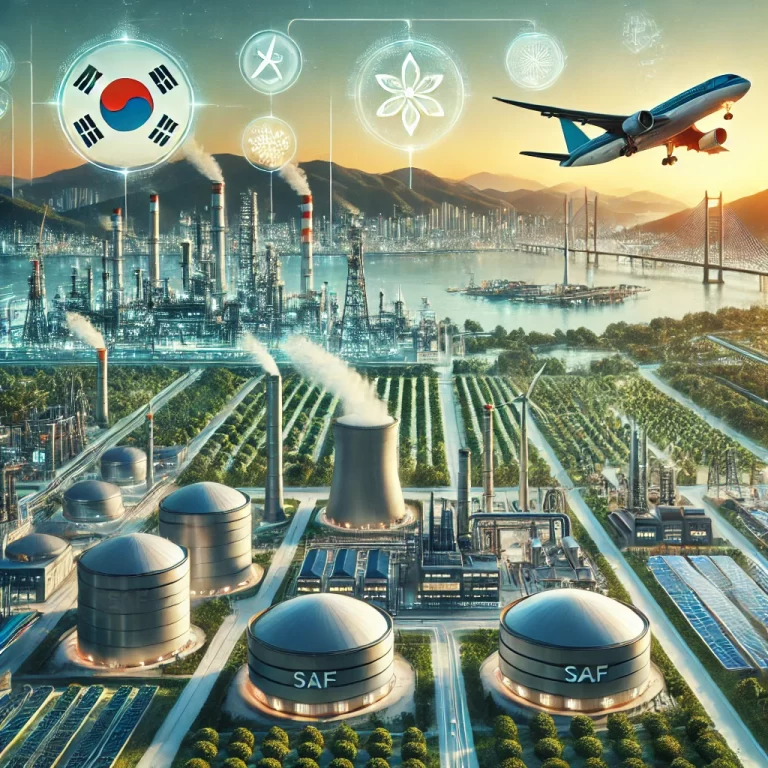
December 11, 2024
A new report released by the Korea Institute for Energy Economics and Financial Analysis (KEEFA) highlights the importance of developing a domestic sustainable aviation…

December 11, 2024
The International Air Transport Association (IATA) has released new estimates of sustainable aviation fuel (SAF) production, which show that SAF production will reach 1…
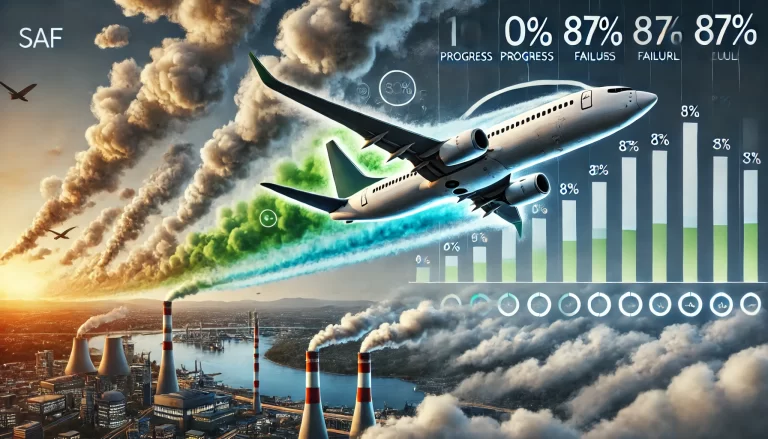
December 7, 2024
Only 10 of the world’s 77 airlines have made significant progress in transitioning to truly sustainable aviation fuels (SAF), while 87 per cent have…
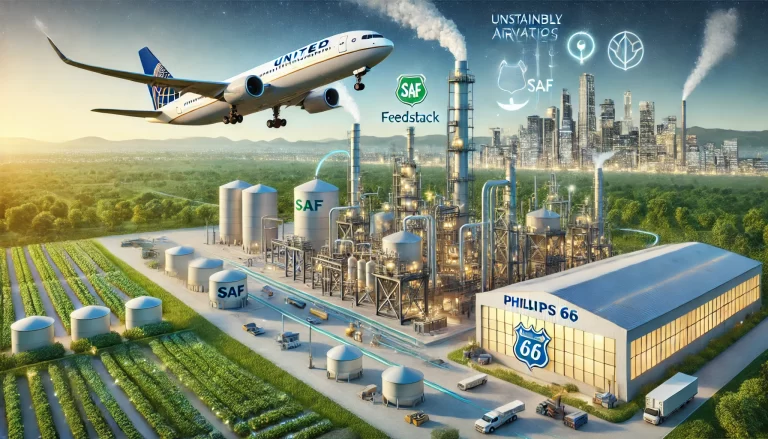
December 6, 2024
Phillips 66 announced on 5 December that it has signed an agreement with United Airlines for Phillips 66 to supply sustainable aviation fuel (SAF)…
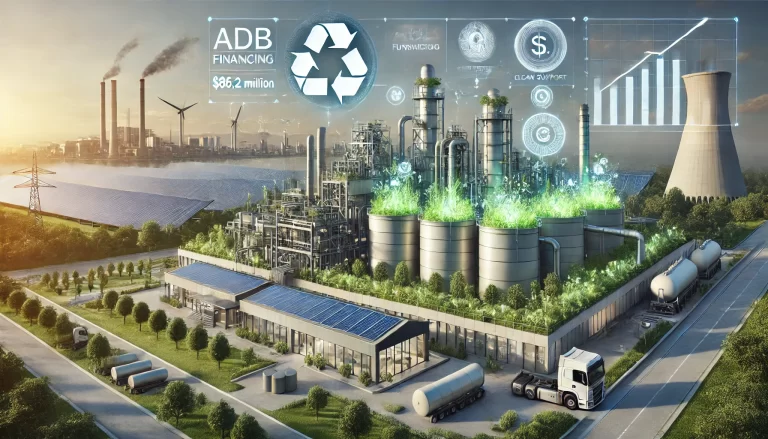
December 4, 2024
The Asian Development Bank (ADB) and SAFCO Venture Holdings Limited (SAFCO) signed a landmark $86.2 million financing package to finance the construction and operation…

December 4, 2024
company has been awarded a contract by DG Fuels to provide early engineering, licensing, and the Process Design Package (PDP) for a state-of-the-art SAF…
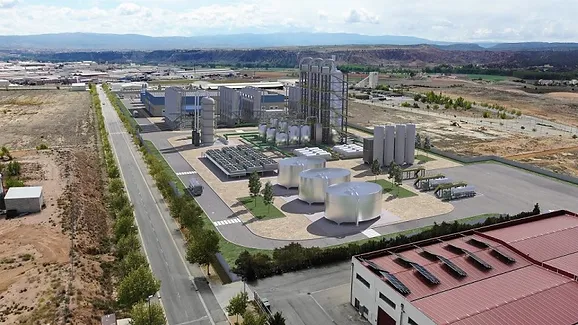
November 27, 2024
Solarig announced on 22 November that it is moving forward with the development of a sustainable aviation fuel (SAF) project that will produce more…










